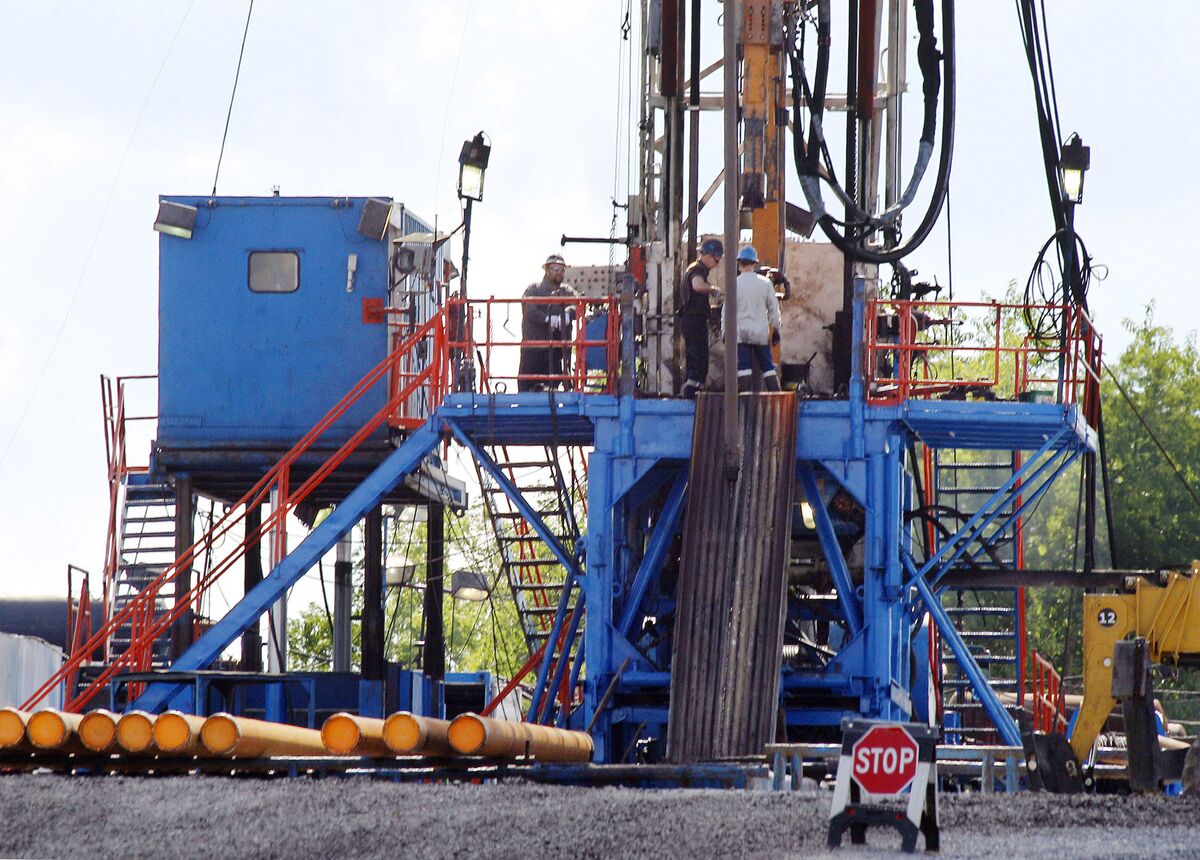no one mentioned the actual fragility of the O&G business in the above few pages
1) remember Texas freezing over due to electrical problems, due to mostly fossil fuel plant problems few months ago
2) remember Texas broiling about 10 years ago, same problems
3) a major east coast of US gasoline shortage (due to we can’t sell it because we can’t charge for it so you can’t have it)
4) 20% of US under giant heat wave
5) ?Shell? selling Permian basin oil ?rights?
jolts like that may just speed up transition ,
plus a car is just a lawn ornament or planter without fuel, on blocks.
1) remember Texas freezing over due to electrical problems, due to mostly fossil fuel plant problems few months ago
2) remember Texas broiling about 10 years ago, same problems
3) a major east coast of US gasoline shortage (due to we can’t sell it because we can’t charge for it so you can’t have it)
4) 20% of US under giant heat wave
5) ?Shell? selling Permian basin oil ?rights?
jolts like that may just speed up transition ,
plus a car is just a lawn ornament or planter without fuel, on blocks.





